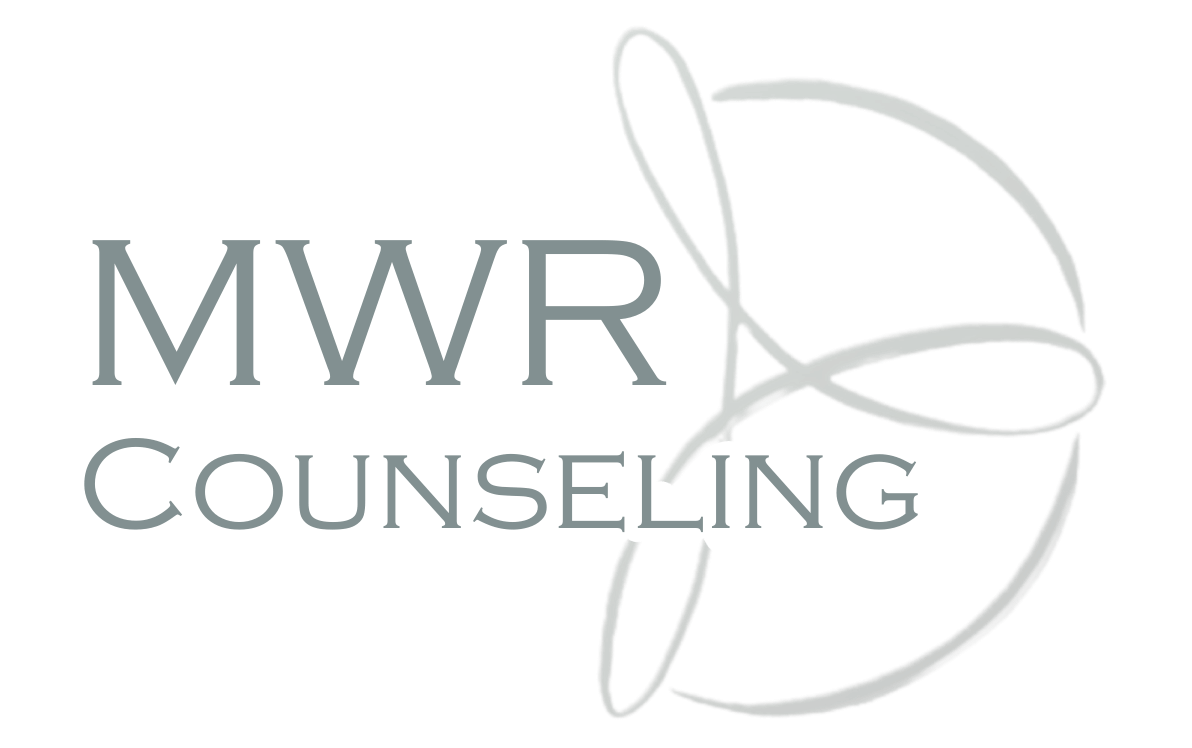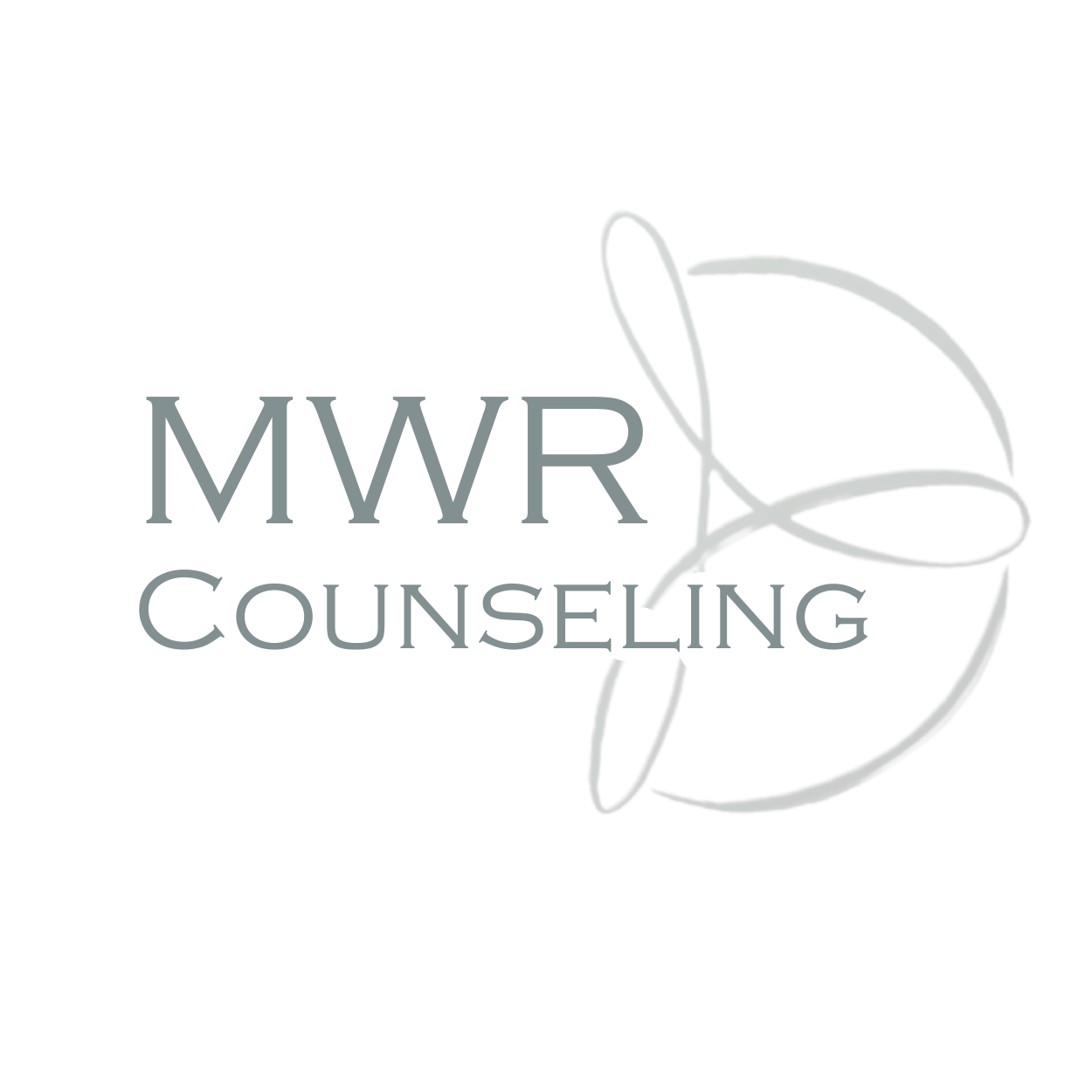Preventing Suicide in Our Community

by Alicia Bruzek, tLMHC
Now more than ever, suicide prevention is an important topic not only in our community, but in our world. With the recent derecho in our area, ongoing racial trauma throughout the country, and the spread of coronavirus worldwide, there are many more risk factors contributing to thoughts of suicide. These ongoing crises can worsen already present mental health conditions, contribute to feelings of hopelessness, increase isolation, provide barriers for mental health treatment that might reduce risk, increase job loss or financial struggles, and increase risk for substance abuse which increases suicide risk. It’s important that we continue to work towards preventing suicide on all levels as we continue to experience these ongoing struggles.
Last year for Suicide Prevention Month, I wrote about connecting with each other to prevent suicide. Reaching out and supporting others is so important in mental health and suicide prevention. I wanted to expand on my previous blog for this year’s Suicide Prevention Month to touch on how our communities and systems can be more supportive of suicide prevention and mental health promotion. We can all be involved in accomplishing these goals in our community.
One way we can all be more involved in suicide prevention and mental health promotion is by making it okay to talk about these topics. We can do this individually, as I discussed in my post last year, but we can also advocate for these principles in our organizations. The Make it Okay campaign is local to Iowa and provides resources to organizations to reduce mental health stigma in their companies, to the benefit of everyone involved.
There are also ways for more people to be trained to recognize suicide risk in their organization or in their communities (called gatekeepers). Educating more individuals on how to recognize risk can help more people feel supported and get help when they need it and education can happen in many different settings. Promoting mental health and working to prevent suicide within our systems are positive steps towards reducing stigma, which allows more people to ask for help when they need it.
We can also work towards making mental health care more affordable and accessible to individuals who have identified that they would benefit. The barriers of cost and access keep many individuals from being able to get the help they are seeking. I previously wrote about different ways to advocate for insurance coverage of telehealth and increased access to at-risk individuals. You can use these tips to let your representatives and insurance companies know what is important to you and how you are affected by lack of access or cost of mental health services.
We can continue to advocate for these programs and policies in order to make mental health care more widely accessible and ask our legislators how they will make suicide prevention a priority. You can find bills related to mental health and suicide prevention at the American Founation for Suicide Prevention. We can also continue to support individuals struggling with suicidal thoughts and their families by supporting local agencies that focus on mental health promotion and suicide prevention. Continuing to support local organizations that work in these areas can improve access to resources for these individuals and families.
As Suicide Prevention Month comes to a close, I hope that you will continue to think about ways that you can work to prevent suicide in your community and organizations. The more we are able to talk about mental health and suicide prevention, the more we make it okay to seek help. If you or someone you know is feeling suicidal there are resources you can reach out to:
Foundation 2 Crisis Line: 1-800-332-1408 https://www.foundation2.org/
National Suicide Prevention Lifeline: 1-800-273-8255 https://suicidepreventionlifeline.org/
Crisis Textline: Text TALK to 741-741
If you are concerned about someone’s immediate safety, reach out to a professional or take the person to the hospital. Don’t leave someone alone if you are concerned about their safety. If someone has done something to harm themselves, call 911.
For more information or to read more about mental health and suicide prevention, check out the resources below:
American Foundation for Suicide Prevention: https://afsp.org/
National Suicide Prevention Week: https://afsp.org/keepgoing
NAMI Suicide Factsheet: https://www.nami.org/Learn-More/Mental-Health-Conditions/Related-Conditions/Risk-of-Suicide
American Foundation for Suicide Prevention Resource Page: https://afsp.org/find-support/resources/
Pledge to be stigma free: https://www.nami.org/Get-Involved/Pledge-to-Be-StigmaFree
NAMI blogs: https://nami.org/Blogs/NAMI-Blog




